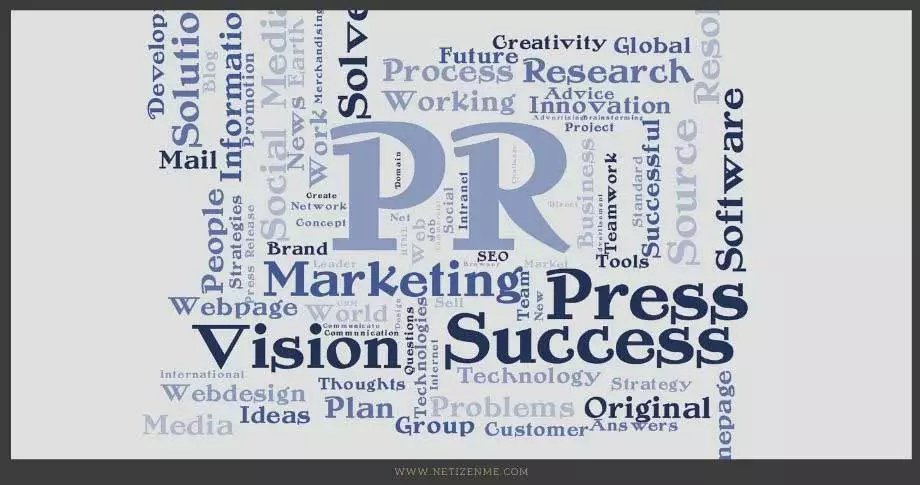Understanding your market is essential to building successful businesses. Knowing what the customer wants helps you improve your product and service offerings. Any well-designed marketing plan starts with a clear understanding of customer needs. Developing a marketing plan with a strategic outlook and supporting the achievement of the overall organizational goals needs. In this blog post, we will discuss what skills and knowledge do you need to possess in order to develop a useful marketing plan.
What skills and knowledge do you need to possess in order to develop a useful marketing plan?
An effective marketing plan requires strategic thinking, comprehensive research, and clear communication. This guide outlines the essential skills and knowledge you need to develop a marketing plan that delivers tangible results.
1. Market Research: Begin by conducting thorough market research. Analyze industry trends, customer behaviors, and competitor strategies to identify opportunities and challenges.
2. Target Audience Understanding: Comprehend your target audience’s preferences, needs, and pain points. Develop buyer personas to tailor your marketing efforts more precisely.
3. Goal Setting: Set SMART (Specific, Measurable, Achievable, Relevant, Time-bound) goals to provide a clear direction for your marketing plan.
4. Competitive Analysis: Examine competitors’ strengths and weaknesses. Highlight your unique value proposition to stand out in the market.
5. SWOT Analysis: Evaluate your business’s strengths, weaknesses, opportunities, and threats. Leverage this analysis to develop strategies that capitalize on your strengths and mitigate weaknesses.
6. Budgeting: Allocate your budget wisely across various marketing channels and activities. Consider factors like advertising costs, creative production, and staff resources.
7. Marketing Channels: Choose the most suitable channels to reach your target audience. Whether it’s social media, content marketing, email campaigns, or others, align your choices with your audience’s preferences.
8. Content Strategy: Crafting a content strategy that resonates with your audience involves careful planning. From engaging blog posts to captivating videos and informative infographics, it’s essential to create diverse content that both educates and entertains. Consider incorporating the latest trends, such as utilizing the best AI video generator tools, to enhance your content and provide unique value to your audience.
9. Messaging and Positioning: Craft a compelling and consistent brand message that resonates with your audience. Communicate your value proposition and unique selling points.
10. Timeline and Milestones: Create a timeline outlining when each marketing activity will be executed. Break down the plan into milestones to track progress.
11. Data Analytics: Gather and analyze data from various marketing efforts. Based on insights, adjust your strategies to optimize performance.
12. Adaptability: Stay open to changes and adapt your plan based on real-time data and market shifts.
13. Creativity: Infuse creativity into your marketing strategies to capture your audience’s attention and differentiate your brand.
14. Collaboration: Collaborate across departments to ensure all teams are aligned with the marketing plan’s objectives and messaging.
15. Communication Skills: Clearly articulate your plan to stakeholders, team members, and decision-makers. Use concise language to convey your ideas effectively.
16. Digital Marketing Knowledge: Stay updated with digital marketing trends, tools, and platforms. Utilize SEO, SEM, and social media to amplify your reach.
17. Customer Journey Mapping: Map out the customer journey to understand touchpoints and optimize each interaction for maximum impact.
18. ROI Analysis: Regularly assess the return on investment for different marketing activities. Focus on initiatives that generate the highest ROI.
19. Risk Management: Identify potential risks impacting your marketing plan’s success. Develop contingency plans to mitigate these risks.
20. Measurement Metrics: Select key performance indicators (KPIs) to track the effectiveness of your marketing efforts. Metrics like conversion rates, click-through rates, and engagement metrics provide valuable insights.
21. Legal and Ethical Understanding: Ensure your marketing strategies comply with legal and ethical standards. Protect customer data and adhere to privacy regulations.
22. Storytelling Skills: Craft compelling narratives that resonate with your audience. Use storytelling to humanize your brand and build emotional connections.
23. Customer Feedback Incorporation: Integrate customer feedback into your marketing plan. Address concerns and enhance your strategies based on their input.
24. Project Management: Efficiently manage tasks, timelines, and resources to execute your marketing plan smoothly.
25. Continuous Learning: Stay curious and continually educate yourself about new marketing techniques, technologies, and industry developments.
Conclusion:
A successful marketing plan requires strategic thinking, research, communication, and adaptability. By mastering these skills and incorporating a holistic approach, you can create a marketing plan that meets your goals and drives lasting customer engagement and business growth.
This article is written by:
Our professional writers and editors are passionate about sharing high-quality information and insights with our audience. We conduct diligent research, maintain fact-checking protocols, and prioritize accuracy and integrity to the best of our capacity.
You can cite our articles under the author name "Netizenme"





